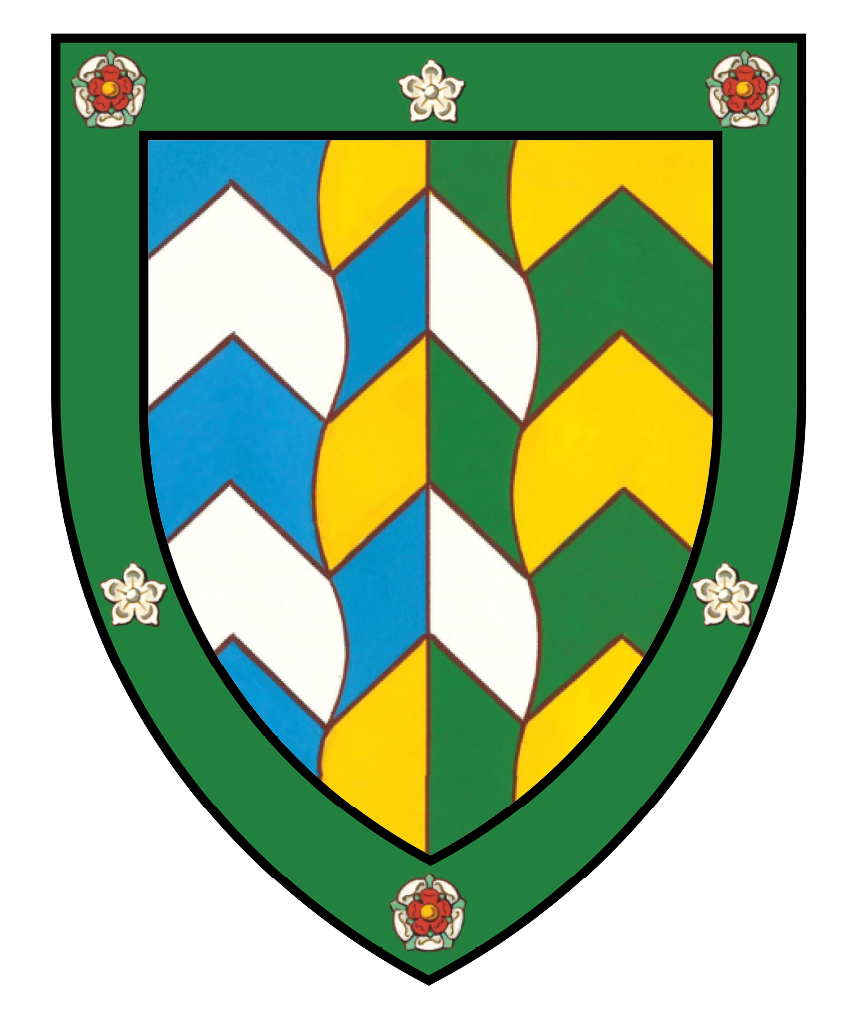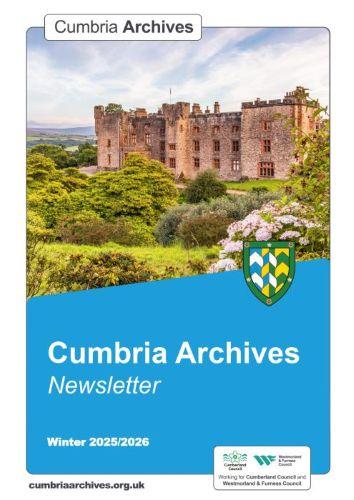News and Events
Fading Fires film
This short documentary film was created in 2024 by Benjamin Bogorad and looks at the decline of West Cumbria's heavy industries through the eyes of a former steelworker and coal miner. It features material from the British Steel Company collection, which is held at Whitehaven Archives. The film was selected at a number of film festivals, earning both Jury Prize and Finalist awards.
Changes to access to records at Kendal Archive Centre
The following Kendal collections have been moved on a temporary basis to Barrow Archive Centre and are available to consult there.
WDAW: Alfred Wainwright
WDMDS: Mike Davies-Shiel papers
WDRY: Le Fleming of Rydal Hall
WDTE: Browne family of Townend, Troutbeck (Westmorland)
WDVAS: Josefina de Vasconcellos
Some other collections at Kendal require a one or two week advance notice to us and further details can be found on our Advance Order Collections webpage.
Kendal Archives Centre will provide an interim public service from the Herdwick Room in the local studies library at Kendal Library, Stricklandgate, Kendal LA9 4PY. Please note the following important changes to our service:
- Please book an appointment and request records at least 72 hours before your intended visit as researcher spaces are limited in the Herdwick Room
- Our opening hours will change to Wednesdays to Fridays, 10am-4pm (no lunch closure)
- We cannot offer a drop in service at the Herdwick Room - an appointment will be required
- Our contact details will remain the same
- We can arrange deposits at County Offices by prior appointment. Please contact us for further details.

